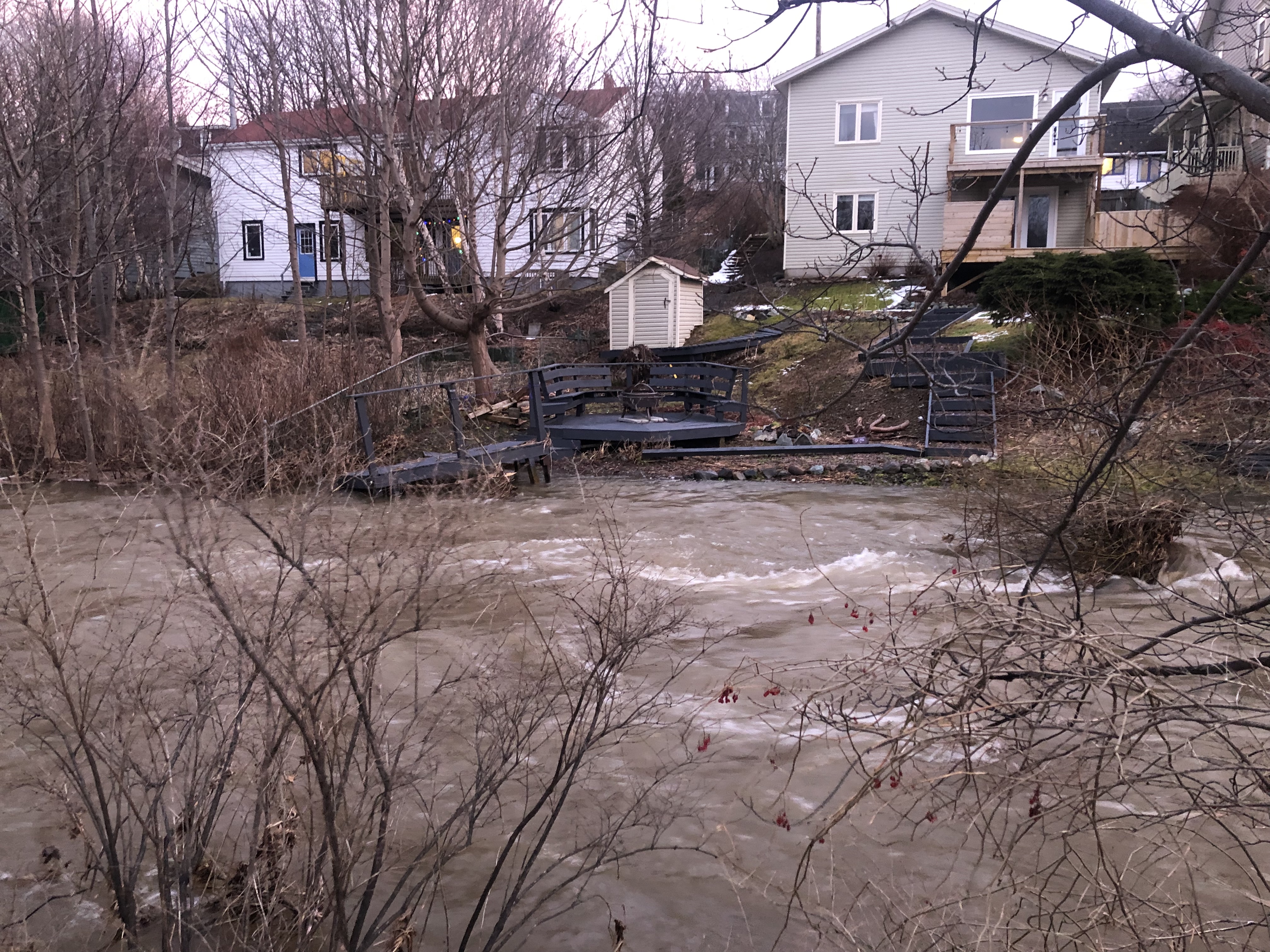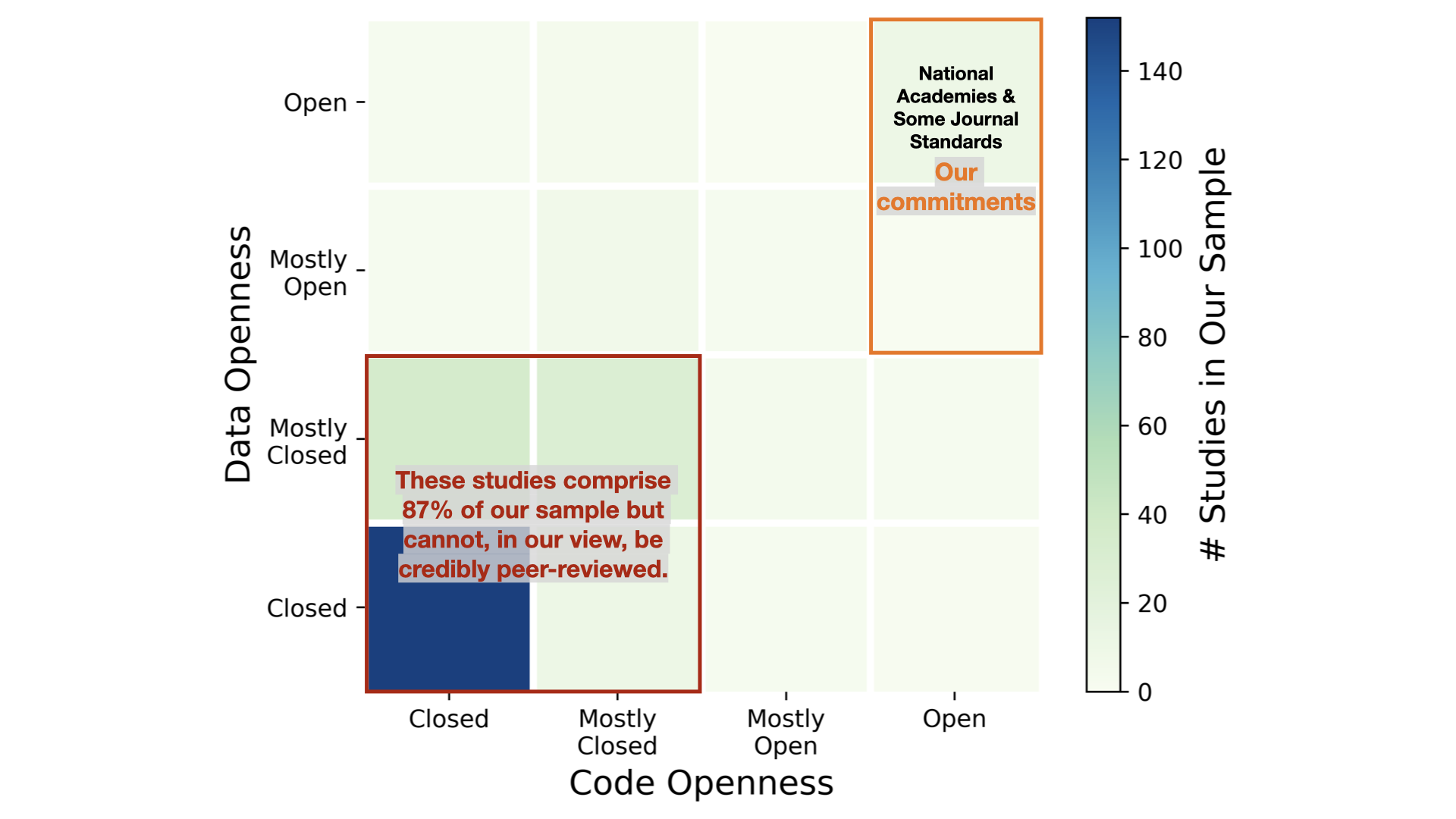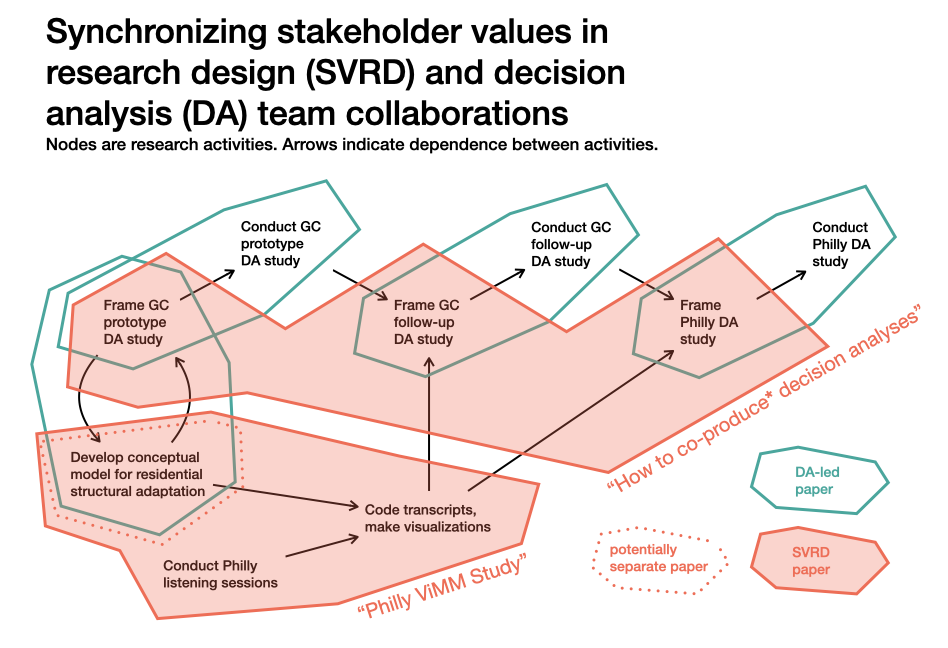Research Areas
Equity in Climate Risk Management
Equity is a common objective in climate risk management. I’m interested in what it means for a process or outcome to be equitable and how to represent equity in quantitative analyses. My research in this area focuses on how equity is defined and measured in different decision contexts and which policies are robust to different ways of thinking about equity. To this end, I led an analysis on how equity is defined and measured in flood risk research to identify practices for defining useful equity measurements in a number of related management settings. In addition, I lead the equity and deep uncertainty in benefit cost analysis working group in the the Megalopolitan Coastal Transformation Hub. In this line of work, I collaborate with members of the hazards, values and ethics, human system dynamics, and stakeholder engagement teams in order to evaluate how current federal rules for flood mitigation grant funding can be reformed to better achieve current policy objectives, such as economic efficiency, and stakeholder objectives, such as equity.

Uncertainty in Flood Risk Estimation and Valuation
Neglecting uncertainty can bias decisions with far-reaching impacts on socioeconomic, engineered, and Earths systems. A substantial portion of my research focuses on uncertainty characterization and quantification in flood risk estimation and valuation. This research is grounded in decision-making contexts. As such, I aim to represent how flood risk estimation or valuation techniques that underlie current decision-making and research tasks compare to methods with better uncertainty characterization. My current research on this topic is funded under the Integrated Coastal Modeling project in which I am working with a large interdisciplinary team to better understand how to represent uncertainty in hazard modeling, structure inventory datasets, and hazard-damage fragility curves. Ultimately, these efforts serve to improve flood risk estimation procedures for policy and decision support.

Flood Risk Dynamics in Housing Markets
A large portion of a person’s well-being comes from where they live and work. Therefore, because flooding is the most widely experienced, costly, and deadly natural disaster in many areas around the world, it is important to understand the nature of flood risk in housing markets and the policies and decisions that are effective in managing these risks. This is a challenging area of study because physical flood risks arise from a complex system of private preferences and decisions, public policies and investments, and feedbacks between human, built, and natural systems. In addition, physical flood risks are directly connected to fiscal risks across society through interactions between housing markets, insurance providers, financial institutions, and public policy. My research focuses on several aspects of these complex issues in a U.S. policy context. I aim to provide actionable insights for decision-makers about policy levers at their disposal and scientific insights for researchers to improve how we study important research and policy questions.

Transparent and reproducible research
Transparent and reproducible research is a foundation of producing useful and robust knowledge. I am committed to learning about best practices for transparent and reproducible science, incorporating these into my workflows, and advocating for widespread, strong standards to improve the state of climate change research. In one strand of work, I study the sensitivity of research findings to analyst decisions about data processing and computational modeling implementation. In a related focus, I work within an interdisciplinary group that is trying to identify best practices in being transparent about conceptual models of study systems. My overarching goal is to ensure that climate change research practices evolve with the state of the art in producing usable, actiononable, and robust knowledge that decision-makers can readily draw from to address the challenges they face.

Values Informed Decision Making under Deep Uncertainty
Decisions about climate risk management are complex for a number of vexing issues. I am most interested in how risk management decisions can be made robustly with respect to ambiguous system boundaries and standards for defining success. I believe that convergence research practices offer a way forward for producing useful and actionable climate science. To this end, I conduct research at the intersection of values & ethics and decision making under deep uncertainty. In this research, I utilize values-informed mental models of a problem system in order to assess whether strategies under consideration are robust to a potentially diverse set of values from affected parties. The majority of my research within this area is funded under the Megalopolitan Coastal Transformation Hub in which I am lead analyst on the decision-analysis team and work closely with members of the hazards, values and ethics, human system dynamics, and stakeholder engagement teams.

